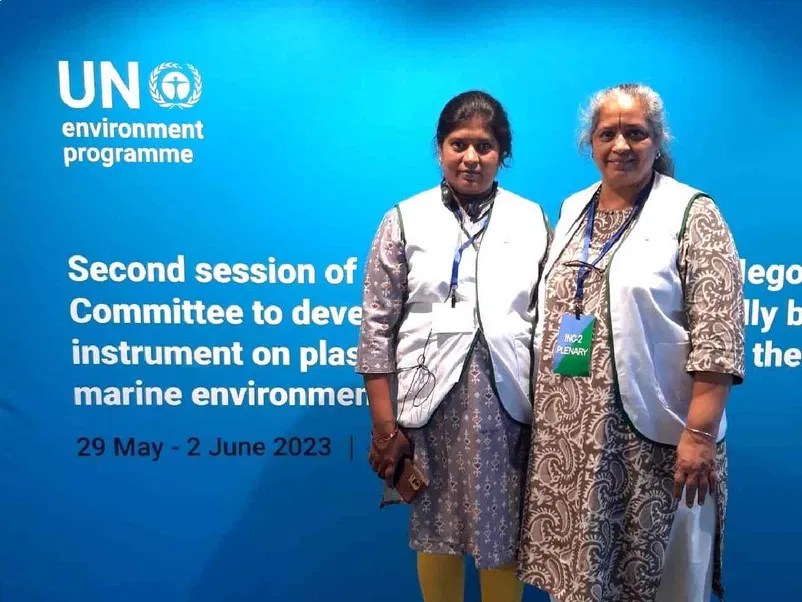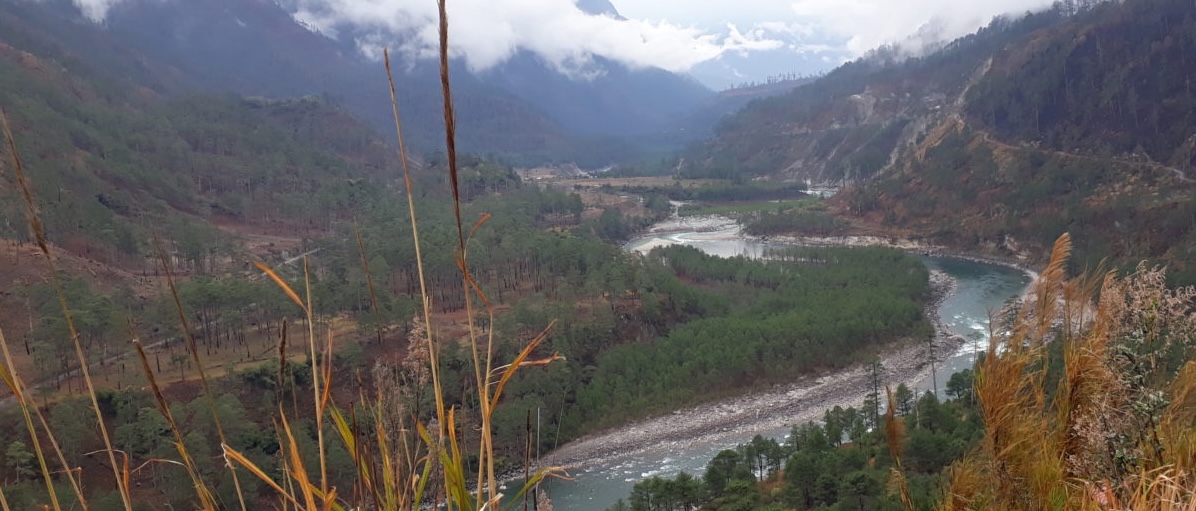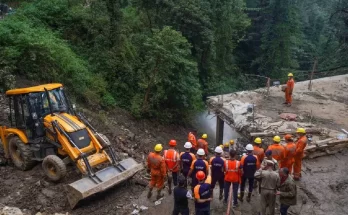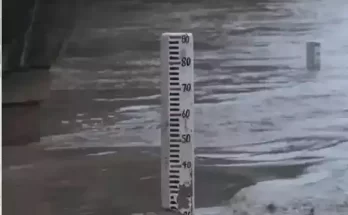At the crucial meet being negotiated in Paris, India insists on decision by consensus.

Indumathi (L) and Nalini Shekar at Paris. (Credit: News9 Plus)
New Delhi: “Kandit Wagalu (No difference),” said Indumathi in Kannada.
“There is no difference between the rag pickers in South Asia and those from the rich countries. I am here to raise the voice for our community and demand ‘just transition’ as the world comes together to work out the plastic treaty,” said a beaming Indumathi as she peeped into the mobile screen over a WhatsApp call from Paris. Activist Nalini Shekar was helping translate her enthusiastic replies in English when News9 Plus contacted her.
Bengaluru-based Indumathi, who goes by a single name, and Nalini are part of Harisu Dala Innovations (green force in Kannada) and representing the waste pickers and rag pickers community at the crucial, ongoing second session of the Intergovernmental Negotiating Committee (INC)’s second meeting being held at Paris, France.
From May 29 to June 2, the INC is organised by the United Nations Environment Programme (UNEP) to develop an internationally binding instrument on plastic pollution, including in the marine environment.
Indumathi, a waste picker turned waste-worker entrepreneur working with the Brihad-Bengaluru Mahanagar Palike (BBMP) represents the waste pickers community not just from India, but for entire South Asia.
Harisu Dala is a social organisation focussing on creating better livelihood opportunities for waste-pickers through inclusive businesses aimed at economic justice for the community. Associated with the Global Alliance of Waste Pickers, the two of them have been discussing their issues with their counterparts in other countries, especially the global south, every Thursday for many months in the runup to the INC meet that is being held from May 29 till June 2.
Speaking at the forum, Indumathi started with her own example of how from a child labourer at a garment factory, to being married, raising two children in poverty doing multiple jobs to losing her husband to debts, she migrated to being a waste picker first and then an entrepreneur in the waste collection field working officially with the BBMP.
Harisu Dala took 10 long years to work with BBMP for coming out with by-laws that have incorporated waste pickers into the system and awarded them ward areas for arranging door-to-door pickup.
The arrangement has been in place since 2016 and brought recognition to scores of rag pickers and waste pickers as an organised workforce.
While the ban on single-use plastic is welcomed, the talk of circular economy and Plastic Waste Management Rules has made the unorganised workers fear being thrown out of the system.
“There are few examples wherein rag pickers and waste pickers are officially involved by the municipal corporations either through co-operatives, as has been done in Pune, or self-help groups or entrepreneurship, as we have done in Bengaluru,” said Nalini, the co-founder of Harisu Dala Innovations.
Treated at the lowest rung of the society, possibly just above the manual scavengers, people who are involved in picking up waste, especially in the cities, are mostly illiterate and unskilled.
A January 2022 report on the socio-economic conditions of the waste pickers by the United Nations Development Programme (UNDP) showed that 7 in 10 respondents earned a monthly household income of less than Rs 10,000 and around 6% of households reported earning even less than Rs 2250 per month. India is estimated to have over 40 lakh waste pickers, mostly in its cities.
“Here at Paris, we had a long discussion on how we have to bring in only recyclable plastic and ban all single-use plastic, all the plastic that cannot be recycled. Moreover, many countries don’t even know what waste pickers do? The definition, so to say, are different in different countries. Now, everyone is talking about recycling and promoting recycling industry but where would they get their material to recycle?” Indumathi asked.
Speaking about the outcome of the deliberations and negotiations, Nalini said: “The outcome that we are expecting is that ‘Just Transition’ will be the core objective of the Treaty. (Already) Kenya and South Africa has taken the lead in advocating that. Now Brazil has also joined in supporting the waste pickers.”
India demands decision through consensus
India is represented by a team of officials from the Ministry of Environment, Commerce and Department of Commerce and Petro-Chemicals (DCPC) attending the INC. The Treaty will be aiming at ending plastic across its life, meaning, right from the point of extraction of fossil fuels, refining petro-chemicals, production and usage of plastic, waste-recycling and trade till final disposal.
The UNEP had brought a report in May 2023 that said global plastic pollution can reduce by 80% by 2040 if the countries and private companies made deep policy and market shift and also shift to circular economy.
India was in the forefront in 2019 at the UN Environment Assembly vis-a-vis banning single-use plastics. However, in 2022, when the negotiations started for a binding Global Plastic Treaty, India said, it should be voluntary. On the penultimate day now, there were two clear groups among the participating countries: one that wanted decision done by majority vote and another, including India, wanting it done by consensus.
“How the minor and major issues will into the overall decision and outcomes should all be decided by consensus – that is the stand taken by India and other developing countries,” Leena Nandan, Secretary, Ministry of Environment, Forest and Climate Change (MOEF&CC), told News9 Plus.
Earlier, India’s Environment Minister Bhupender Yadav had on May 27 participated in the Leadership Dialogue at the International Forum to End Plastic Pollution in Cities in Paris.
“Stated how after a clarion call from PM Shri Narendra Modi ji, India has adopted a strategy based on two pillars to tackle unmanaged and littered plastic waste. Banning single-use plastic items and extending producer responsibility are two facets. Mentioned how India is focusing on the use of locally available products as eco-friendly alternatives to plastic along with focusing on behavioural change through Mission LIFE,” Yadav tweeted the same day.
(This story first appeared on news9live.com on Jun 02, 2023 and can be read here.)



